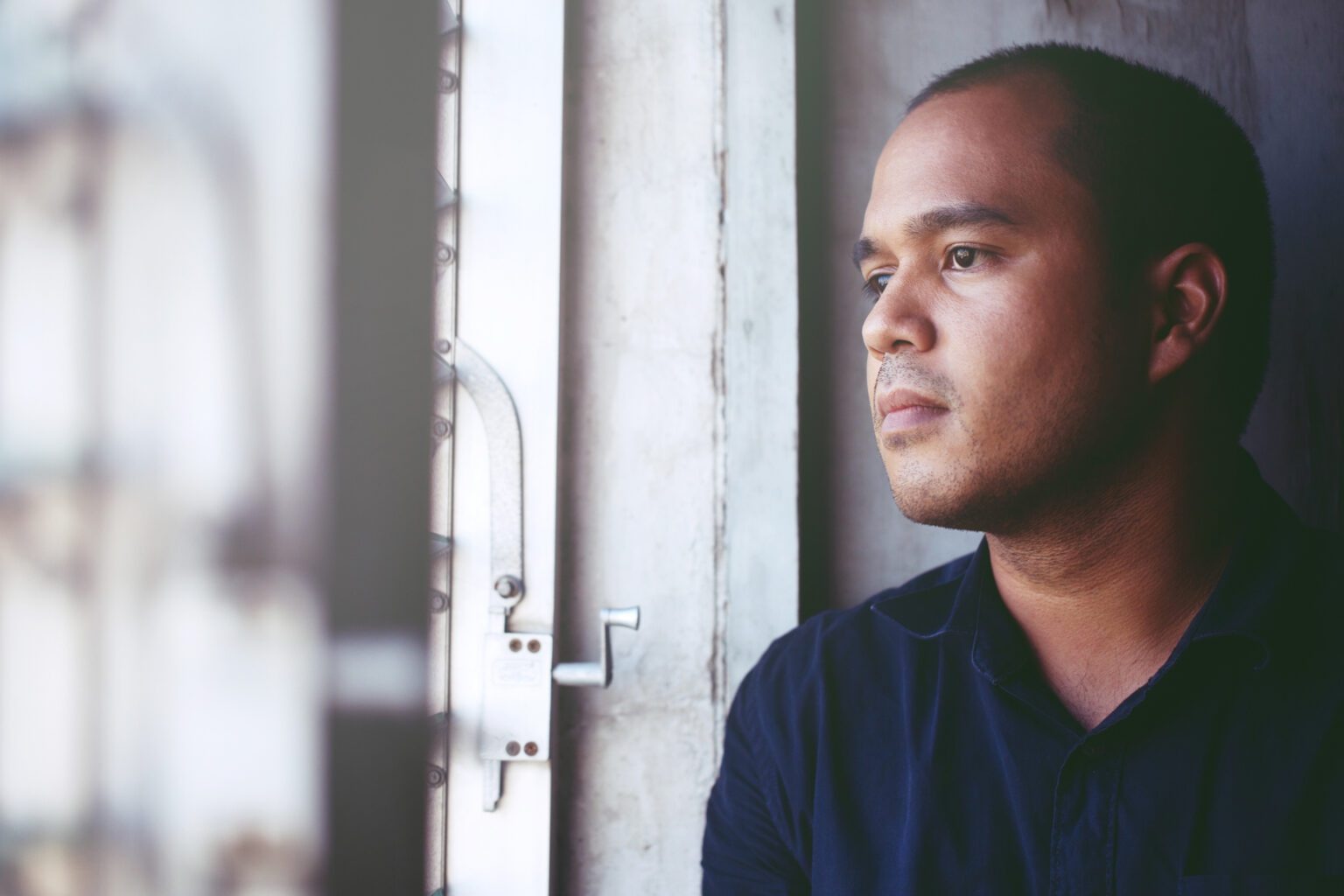15 Tips for Staying Sober During the Holidays
By Carmen Cook, LMFT | November 20th, 2024

The holiday season is often associated with joy, celebration, and connection. But it can also bring challenges, especially for those committed to sobriety. Navigating family gatherings, holiday parties, and seasonal stress without turning to substances requires preparation and support.
Why the Holiday Season Can Be Challenging for Sobriety
The holidays can be a minefield for anyone working to maintain sobriety. Social gatherings often involve alcohol, and the stress of family dynamics, financial pressures, and the expectations of the season can be overwhelming. For those in recovery, these challenges may be amplified by memories of past holiday indulgences or feelings of isolation.
Addiction rehab requires continuous effort and self-reflection, especially during emotionally charged times like the holidays. Support from sober friends or sponsors is crucial to prevent relapse during these stressful periods.
By recognizing these potential pitfalls, you can take proactive steps to safeguard your sobriety and fully embrace the season’s positive aspects.
Common Factors that Compromise Addiction Recovery

During the holiday season, several factors can compromise addiction recovery. Financial stress from buying gifts, hosting parties, and traveling can be overwhelming, leading to anxiety and stress. Family dynamics can also be triggering, especially if there are unresolved conflicts or tensions. Social pressures to indulge in substance use can be strong, particularly in environments where others are drinking or using.
The holiday season can also be emotionally charged, with feelings of nostalgia, sadness, and anxiety. The disruption of regular routines and schedules can further challenge your efforts to maintain sobriety.
Being aware of these factors is crucial. Develop strategies to manage them, such as seeking support from a sober friend or sponsor, practicing self-care, and setting boundaries with family members. By proactively addressing these challenges, you can better navigate the holiday season and stay committed to your addiction recovery.
Warning Signs of a Relapse
Relapse can occur when an individual in recovery experiences a combination of physical, emotional, and environmental triggers. Some common warning signs of a relapse include:
- Increased stress and anxiety
- Mood swings and irritability
- Withdrawal from social activities and relationships
- Increased cravings for substances
- Rationalizing or justifying substance use
- Feeling overwhelmed and hopeless
Recognizing these signs early and taking action can prevent a full relapse and help you stay on track with your recovery journey. If you or a loved one is experiencing any of these warning signs, it’s essential to seek help immediately. Reach out to a sponsor, therapist, or support group for guidance and support.
Tip 1: Plan Ahead for Social Gatherings
Having a clear plan for holiday events can help you avoid surprises that might jeopardize your sobriety. Know the schedule, identify potential triggers, and decide in advance how long you’ll stay. The challenges of attending an office New Year’s party, particularly for individuals in recovery, should not be underestimated.
Recognizing potential relapse triggers at such gatherings is crucial. Consider making a brief appearance or avoiding an event if it centers around heavy drinking or drug use. If the gathering becomes overwhelming, have an exit strategy ready. Planning ahead gives you control and reduces anxiety about the unknown.
Tip 2: Create a Strong Support System
Lean on your support system during the holidays. Whether it’s close friends, family members, or a sponsor, having people you can count on is crucial. Share your challenges and concerns with them, and don’t hesitate to ask for help when you need it. Knowing that you’re not alone can make all the difference.
Tip 3: Practice Saying No to Alcohol
Rehearse responses for when someone offers you a drink. Phrases like, “I’m not drinking tonight” or “I’m sticking with soda” can diffuse the situation without drawing too much attention. Confidence and preparation will help you stay firm in your decision, even when faced with pressure. Be cautious around people who suggest that having ‘just one drink’ is harmless, as this can pose a temptation and potentially jeopardize your recovery.
Tip 4: Bring Your Own Non-Alcoholic Drinks
Arriving with your own non-alcoholic beverages ensures you’ll have a drink option that aligns with your sobriety goals. It also allows you to participate in the festive atmosphere without feeling left out. Sparkling water, mocktails, or hot cocoa are great alternatives to alcohol.
It’s important to set personal boundaries and be aware of how easy it is to overindulge due to social pressure. Your bringing nonalcoholic beverages may draw out other people who were not planning on drinking but didn’t know how to handle the issue.
Tip 5: Avoid Relapse Triggers and Environments
If certain locations or events are closely tied to your past substance use, it’s okay to avoid them. Protecting your sobriety is more important than fulfilling obligations or pleasing others. Skipping a family dinner may be particularly challenging, but prioritizing your well-being over familial obligations is crucial.
Tip 6: Stay Connected with Your Sober Community
Maintaining regular contact with your sober community can provide a sense of stability during the holidays. It is crucial to maintain a sober life and find support to navigate challenges associated with sobriety, especially during potentially triggering times. Attend meetings, participate in group chats, or schedule coffee dates with others in recovery. Staying connected reminds you of your goals and reinforces your commitment.
Tip 7: Have an Exit Strategy for Difficult Situations
Sometimes, despite your best efforts, a situation may become too challenging. In these moments, having a pre-planned exit strategy is essential. Drive your own car to events, arrange a rideshare, or let a friend know you may need to leave early. Prioritizing your well-being is always the right choice.
Tip 8: Focus on Self-Care and Wellness
The holidays can be exhausting, so prioritize self-care. Regular exercise, balanced meals, and sufficient sleep are essential to your mental and physical health. Taking time for yourself reduces stress and strengthens your resilience against triggers.
Tip 9: Set Clear Boundaries with Family and Friends
Family gatherings can sometimes involve difficult dynamics or conversations. Set boundaries to protect your mental health and sobriety. Be clear about your needs and limitations, and don’t feel obligated to engage in situations that make you uncomfortable.
Tip 10: Keep Busy with New Holiday Traditions
Creating new traditions that don’t involve alcohol can help you build positive associations with the season. Baking cookies, going ice skating, or organizing a movie night are fun ways to celebrate while staying true to your recovery.
Tip 11: Practice Mindfulness and Stress-Relief Techniques
Oxycodone is another common prescription opioid, detectable for various periods:
- Urine: 1 to 3 days after use.
- Blood: 24 hours after use.
- Saliva: 1 to 2 days after use.
Mindfulness practices, such as meditation, yoga, or deep breathing, can help you stay grounded during stressful moments. Taking a few minutes each day to focus on the present can reduce anxiety and reinforce your sobriety.
Tip 12: Attend Support Meetings Before and After Events
Scheduling support meetings before and after holiday gatherings can provide you with the reinforcement you need to stay on track. These meetings offer a safe space to discuss your concerns, reflect on your experiences, and recharge your commitment to recovery.
Tip 13: Reflect on Your Progress and Celebrate Milestones
The holidays are a great time to look back on how far you’ve come. Reflect on your achievements in sobriety and celebrate your milestones, whether big or small. Acknowledging your progress can boost your confidence and motivation to continue on your path.
Tip 14: Volunteer or Help Others During the Holidays
Giving back to your community can shift your focus from personal challenges to helping others. Volunteering at a soup kitchen, donating toys, or assisting with community events can bring joy and a sense of purpose during the holiday season.
There are a million different ways to give back and show gratitude, suggesting that these acts of service not only help others but also support one’s own healing and personal growth.
Tip 15: Stay Grateful and Focus on What Matters Most
Practicing gratitude can help you maintain a positive mindset. Focus on the things that bring meaning to your life, such as relationships, personal growth, or the opportunity to enjoy the holidays sober. Gratitude can help you navigate challenges with a renewed sense of purpose.
Remember: Be Kind to Yourself

Recovery is a journey, and it’s essential to be kind to yourself along the way. Remember that recovery is not a perfect process, and it’s okay to make mistakes. You’re doing the best you can, and that’s something to be proud of. It’s okay to take things one step at a time and prioritize your own needs. You’re not alone in your recovery journey, and there are people who care about you and want to support you. It’s okay to ask for help and seek support when you need it.
By being kind to yourself and practicing self-compassion, you can reduce stress and anxiety and maintain your sobriety during the holiday season. Embrace your progress and celebrate your achievements, no matter how small they may seem.
Getting Extra Help at Mana Recovery Center in Hawaii
For those struggling with sobriety during the holidays, professional help is always an option. Mana Recovery Center in Hawaii provides a supportive environment where individuals can address challenges, build resilience, and strengthen their commitment to recovery. Our programs include individual therapy, group support, and comprehensive treatment tailored to your unique needs.
Taking the step to seek additional support can ensure you’re equipped to face the season with confidence and clarity. Reach out to Mana Recovery today.

